Exclusive: Byju’s offers to pay higher interest rate on $1.2B loan; Rajesh Gopinathan’s ops model may have led to unease at TCS
Also in this letter:
■ Livspace fires nearly 50% tech, product staff
■ Generative AI – an unfolding opportunity and challenge
■ Microsoft’s big AI push
Exclusive: Byju’s offers to pay higher interest rate on $1.2 billion loan
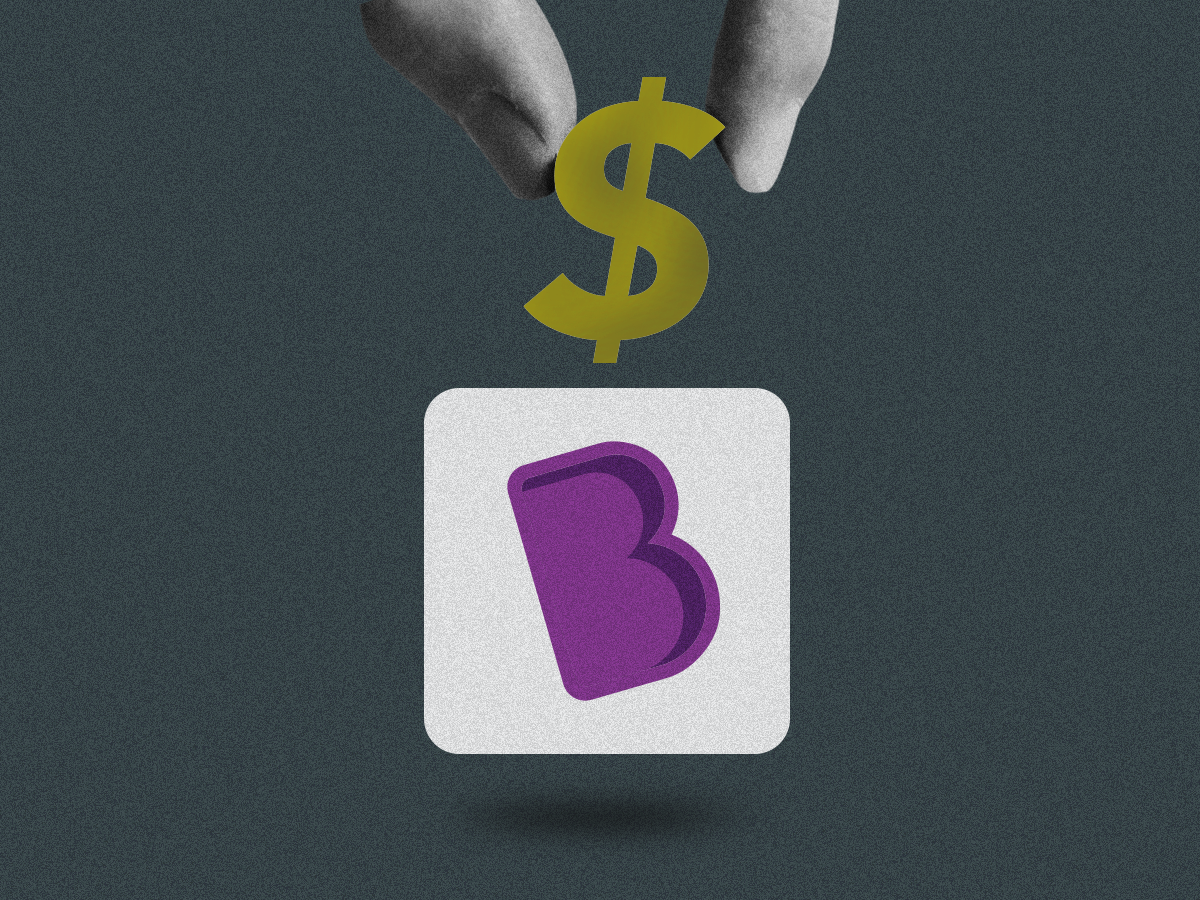
Hi Digbijay here in Bengaluru. Byju’s picked up a TLB (term loan B) of $1.2 billion in November 2021. Now, it is in talks with its creditors to offer a higher interest rate on the loan as part of amendments being made to the debt financing arrangement.
Why the rate hike? Byju’s negotiations on offering a higher interest rate are due to lenders having recalled the loans triggered by delay in furnishing audited financials for FY 21. The changes are also linked with FY22 financials which are yet to be filed with the Registrar of Companies (RoC). The loan term ends in 2026 and the interest rate change does not mean there is any default on Byju’s front.
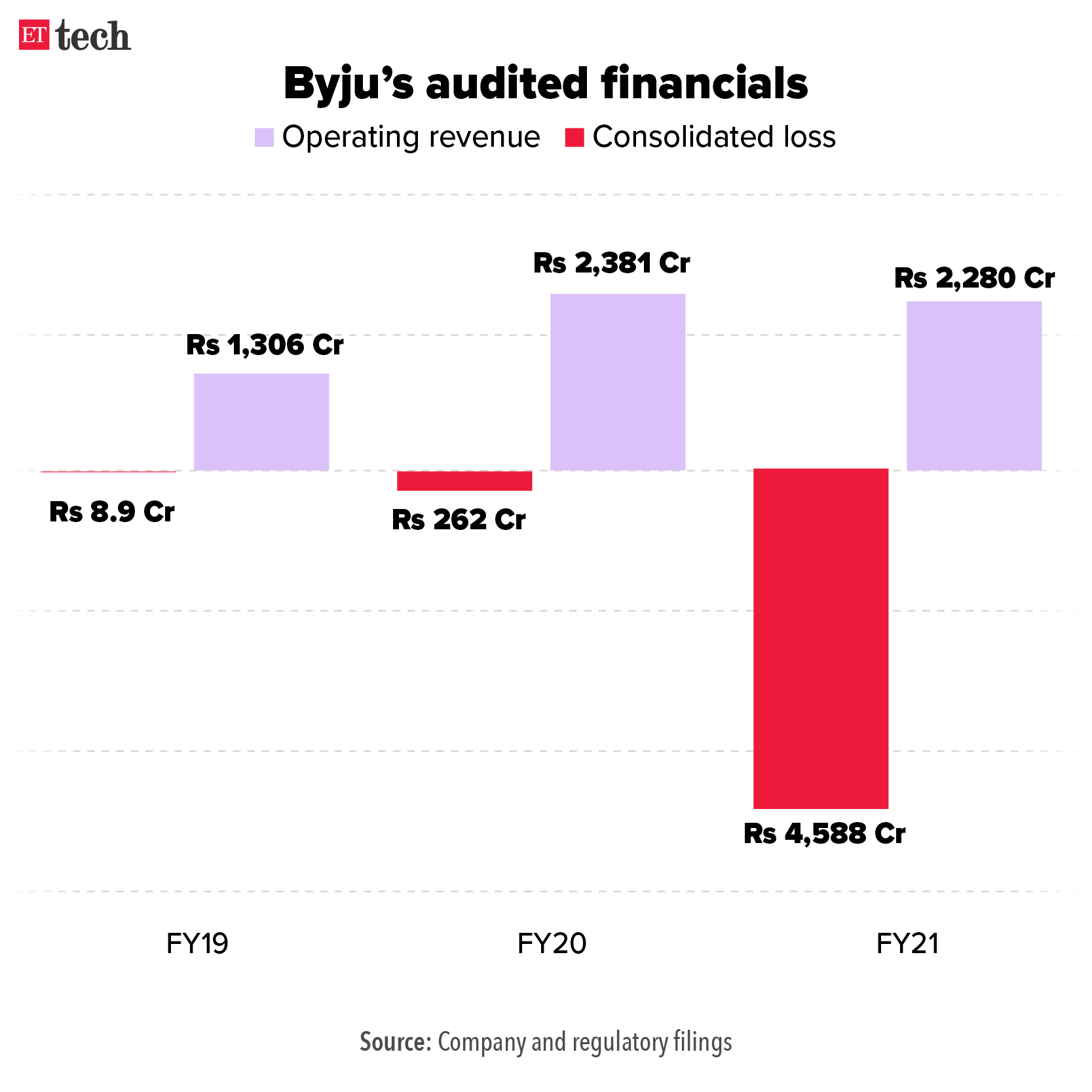
Jargon buster: A loan covenant breach, like the one for not being able to file audited financial results in time, has been triggered by lenders of Byju’s. Covenants stipulate the terms and conditions of loan policies between a borrower and a lender.
Go deeper: The most valued Indian startup at $22 billion has had discussions with creditors on raising interest rates by at least 200-300 basis points (bps), said the people cited above. The TLB was raised at Libor plus floating interest rate of 550 bps. The additional interest rate being discussed by Byju’s is on top of the 550 bps. One basis point is 0.01 percentage point.
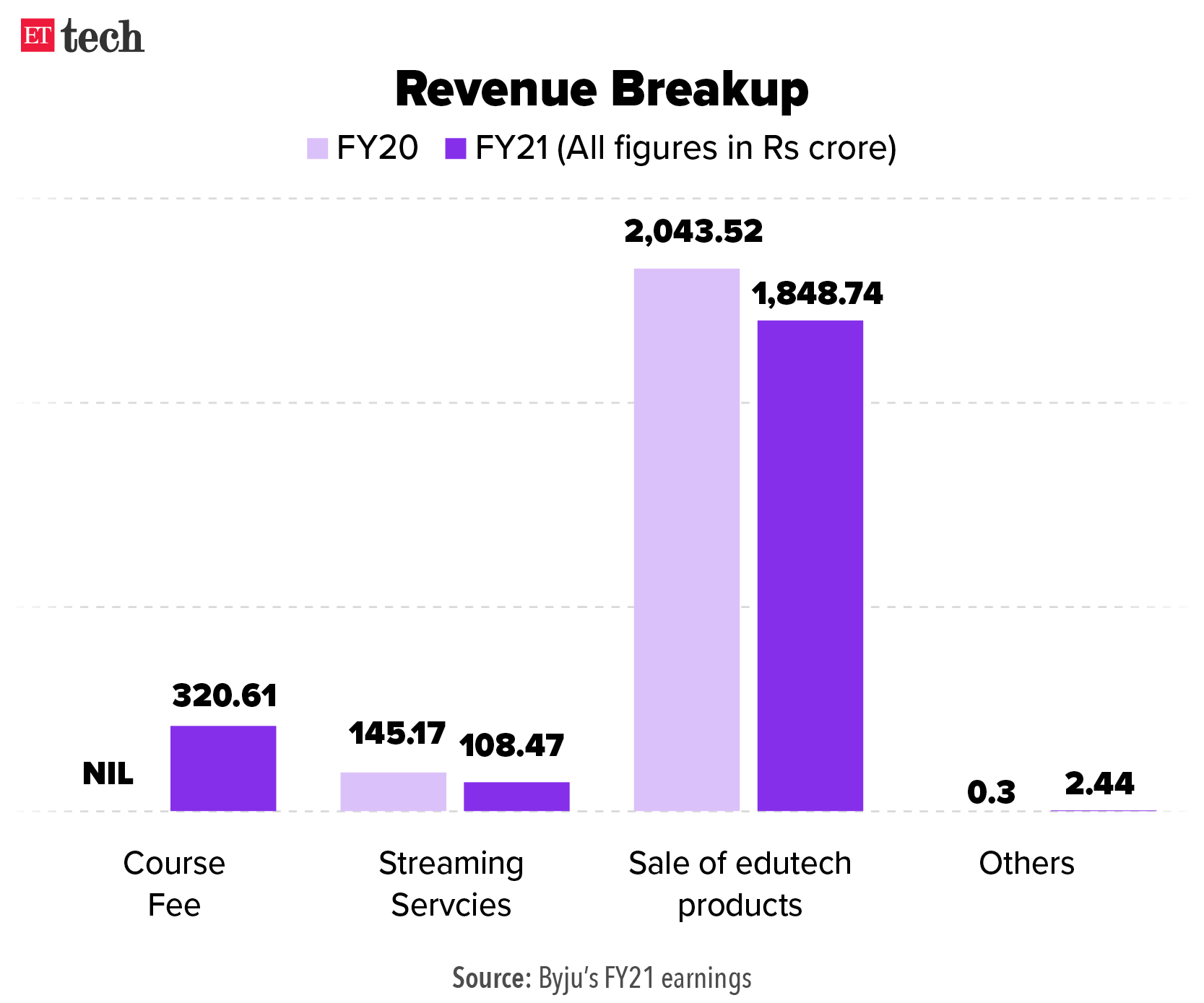
Need for TLB: Byju’s had picked up this financing for its acquisitions and expansion in the North American market. However, the company has been under pressure to improve its financials and is curtailing new investments amid the current macroeconomic conditions. Its potential acquisitions in the US have also been put on the back burner.
More capital coming? Even as it renegotiates the TLB agreement, Byju’s is finalising a new funding round through convertible notes. The edtech firm has been in talks to raise around $500 million through this financing instrument, ET had first reported in October last year.
Outgoing TCS CEO Rajesh Gopinathan’s ops model may have led to unease

Tata Consultancy Services (TCS), India’s largest software services exporter, is said to have experienced unrest among its senior ranks following the introduction of a new operating model proposed by its outgoing CEO, Rajesh Gopinathan, in March last year.
What’s the new system? In March 2022, the IT giant restructured the entire company into four new business groups. The existing customer acquisition unit would continue to bring in new clients while the new incubation group would support customers in the early stages of engagement, specifically those with revenue below $20 million.
The growth unit, consisting of 200 industry service units, would cater to customers with more comprehensive requirements once they mature. The largest customers with long-term engagements, i.e., clients with revenue of $100 million or more, would be shifted to the new transformation unit.
TCS’s performance with Gopinathan as chief: TCS’s revenue in FY17-18, when Gopinathan joined as the CEO, was at $19.09 billion which grew to $25.71 in FY21-22, at an annualised growth rate of 6.13%. Infosys had the highest growth rate among TCS’s Indian peers, at 8.32% CAGR, reaching $16.31 billion.
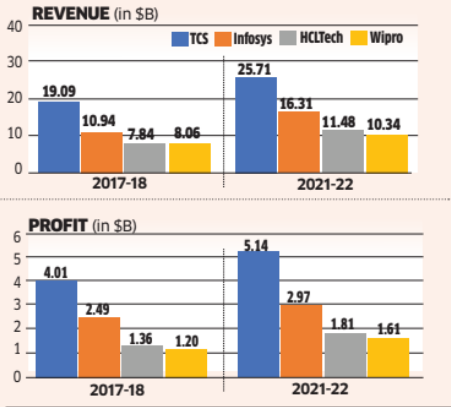
TCS achieved higher profitable growth, expanding profits at 5.11% CAGR, with a margin close to 25%. In comparison, Infosys’ margin was at 23%, HCL Tech at 20%, and Wipro at 17.7%. Before the surprise exit of CEO Gopinathan, TCS had virtually zero top-level churn. Read the full story here
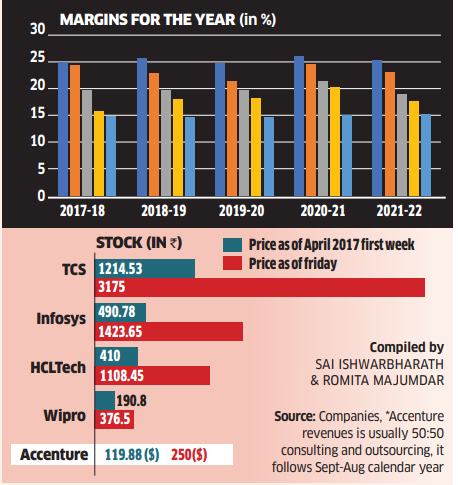
Livspace fires nearly 50% tech, product staff eyeing profitability

Livspace, an omnichannel home interiors and renovation platform, has become the latest Indian startup to cut jobs while chasing profitability. It has laid off about 2% of its overall workforce to drive profitability by FY24 end.
Impact: The retrenchment has affected 45% of its technology and product teams, three people familiar with the matter told us. A total of 36 staffers, including software engineering developers and directors from a team of 80 have been asked to leave the company, these sources said. Livspace employs a total of 5,000 employees. It is unclear if the layoffs included non-tech employees.
Startup layoffs: Startups across the board have taken to layoffs to extend their cash runways with a funding winter hitting growth and late stage companies in 2023, mature tech companies like Dealshare, GoMechanic, MohallaTech, Swiggy, Dunzo, Ola, Cashfree, Byju’s, Vedantu, Unacademy have also downsized staff.
Tweet of the day
Generative AI – an unfolding opportunity and challenge

It’s been just four months since OpenAI launched ChatGPT — a generative artificial intelligence-based chatbot — and the whole world is talking about the disruptive technology. From tech firms and their CXOs to university students, everyone wants a piece of it. But what makes generative AI so sought after?
Jargon buster: Generative AI, in simple terms, uses algorithms to process data and generate new output. In the past few months, several tech companies have announced they have started integrating generative AI into their internal processes or for customer solutions.
Expert speak: “We have had discussions with clients in the chemical paints industry to understand if ChatGPT can suggest ideas for room colours based on the concepts that customers have on their mind. We also believe GPT could help to put a very personalised learning journey together out of the plethora of content available choosing what is best suited for an individual’s needs,” said Christian Klein, global chief executive at SAP.
Tread with caution: Experts suggest that Enterprises must ensure that their generative AI models are transparent, build trust and comply or appeal with regulatory requirements.
Microsoft’s big AI push: Bing gets better, Edge gets an edge

Microsoft made a silent $1 billion investment in OpenAI, an AI startup in 2019. However, after ChatGPT’s emergence in November 2022, Microsoft confirmed a $10 billion investment. In recent months, Microsoft has incorporated ChatGPT and other AI models into many of its services to capitalise on this investment.
Bing and ChatGPT: Despite having little recall as a search engine, Bing now has 100 million users, thanks to the integration of ChatGPT by Microsoft. Bing has undergone several changes in its new avatar, including how it responds to certain queries. Bing image search can now deliver AI-generated images. You can search for a forest and you will get an AI-powered image rather than the image of an actual forest.
Artificially intelligent Skype: In the era of Zoom, Meet and Microsoft’s very own Teams, Skype still is surviving but not exactly thriving. Skype users can invite Bing into chat and ask questions to get real-time answers to anything that can be helpful during a chat session.
Other Top Stories By Our Reporters
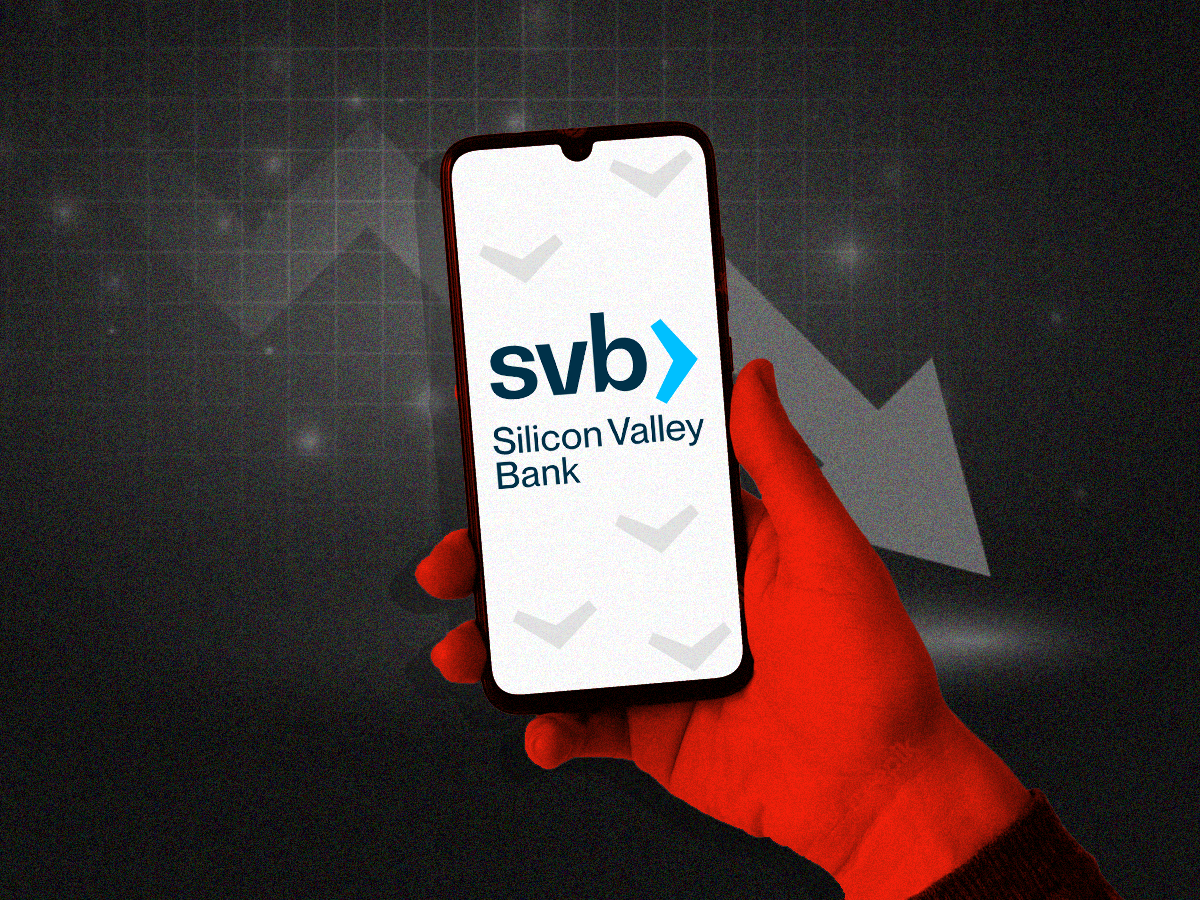
Silicon Valley Bank collapse and how it impacted Indian startups: all the top stories | Here are the top stories from the week to understand how the fallout of the bank affected the domestic startup ecosystem.
Adobe India to target large banks and retail companies for growth: VP Prativa Mohapatra | Adobe India will look to bet on large banks, retail companies and large organisations to further augment its growth in India, the company’s vice-president and managing director Prativa Mohapatra said.
Twitter Blue vs Meta Verified: how do they compare and which one should you opt for? Amid slowdown in advertising revenue, social media platforms such as Twitter and Meta Platforms, which owns Instagram and Facebook, have turned to subscription services to boost revenue.
Global Picks We are Reading
■ Why It Matters Whether a Robot Is Given a Gender (WSJ)
■ Nigeria’s tech workers got used to good salaries and high demand. Then came the crash (Rest of World)
■ How Silicon Valley learnt to love the government (FT)
For all the latest Technology News Click Here
For the latest news and updates, follow us on Google News.

